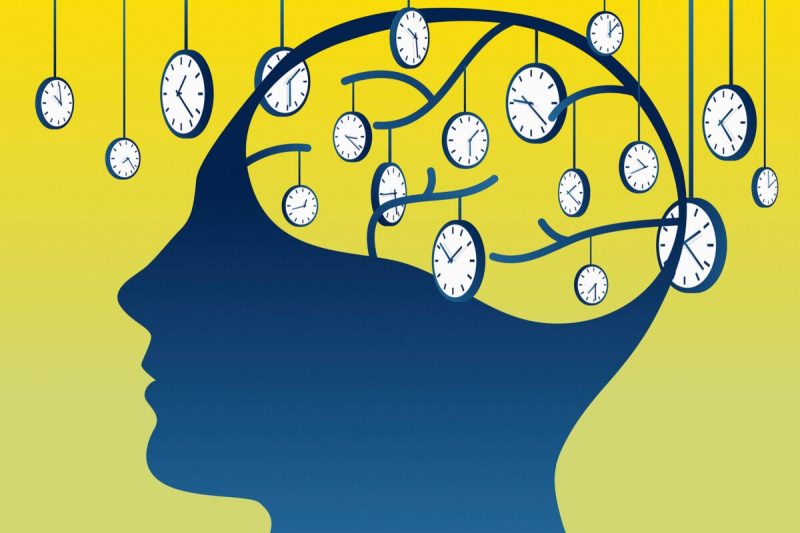Daylight saving time has been a contentious issue for decades, with proponents arguing for the energy-saving and productivity benefits it brings, while critics point to its negative impact on health and well-being. However, recent scientific research has shed new light on the matter, prompting a growing number of experts to call for its abolition or modification.
One of the main concerns raised by scientists is the disruption to our circadian rhythms caused by the biannual clock changes associated with daylight saving time. Our internal body clocks are finely tuned to the natural cycle of sunlight and darkness, and abruptly altering this cycle can have a range of negative effects on our health.
Studies have shown that the shift to daylight saving time in the spring is associated with an increase in heart attacks, strokes, and other cardiovascular events. This is likely due to the sudden loss of an hour of sleep, which can disrupt blood pressure regulation and increase stress on the heart. Similarly, the switch back to standard time in the fall has been linked to an increase in depressive symptoms and a higher risk of seasonal affective disorder.
Beyond its impact on physical health, daylight saving time also has psychological consequences. Sleep disturbances resulting from the time change can lead to irritability, decreased cognitive function, and impaired decision-making. Chronic sleep disruption has been linked to a higher risk of developing mood disorders, such as anxiety and depression.
Moreover, the economic costs of daylight saving time are significant. Studies have shown that the transition period can lead to a temporary decrease in productivity, as employees struggle to adjust to the new schedule. This can result in higher rates of absenteeism, lower job performance, and an overall decrease in workplace efficiency.
In light of these findings, many scientists argue that it is time to reassess the necessity of daylight saving time. Some suggest a permanent shift to either standard time or daylight saving time, to eliminate the disruptive biannual time changes. Others propose adopting a more flexible approach, allowing individuals to choose their preferred time zone based on their personal preferences and daily schedules.
Regardless of the specific recommendations, it is clear that the siren call of daylight saving time must be resisted, for the sake of our health, well-being, and productivity. As the body of scientific evidence continues to grow, policymakers and the public alike must carefully consider the implications of maintaining the status quo and explore alternative solutions that prioritize our biological needs over societal norms. Ultimately, the time may have come to bid farewell to the outdated practice of daylight saving time and embrace a more harmonious relationship with the natural rhythms of day and night.

